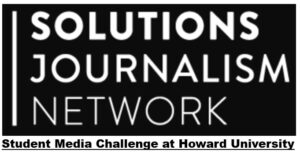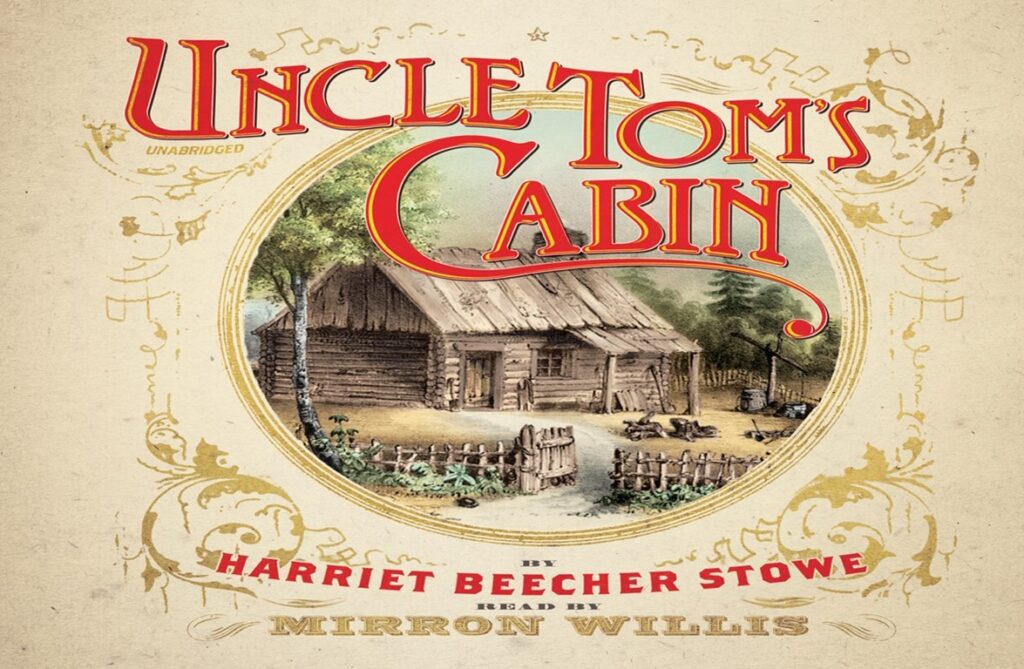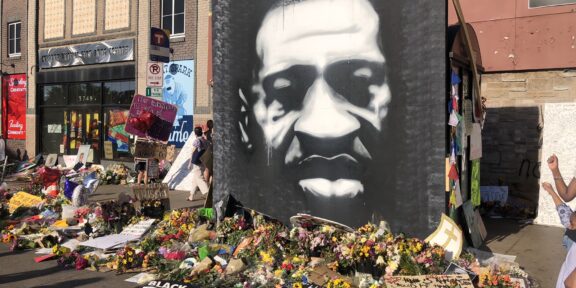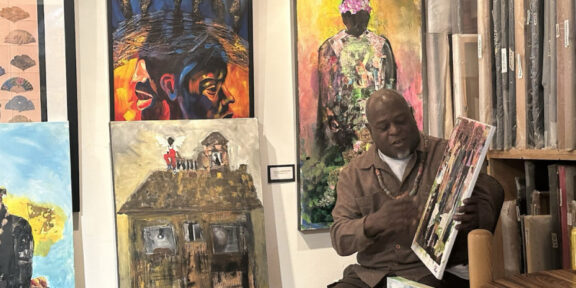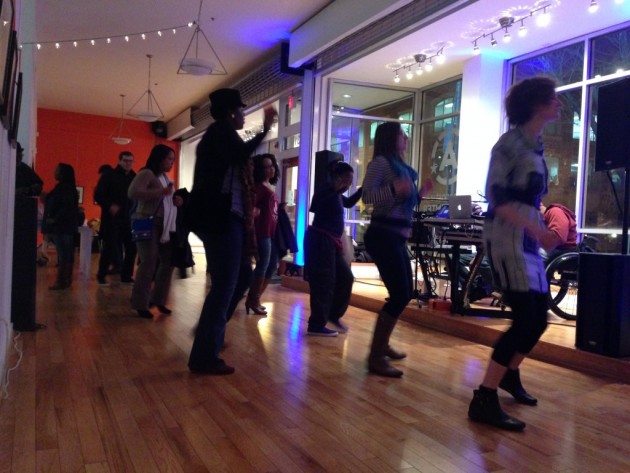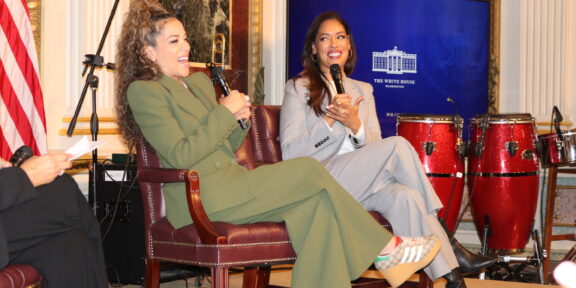By Katelyn Barker
Howard University News Service
Bernadette Johnson is one of many parents who are concerned about what their children will be able to learn about their ancestry, because of the shift in incorporating Black history in schools.
“I have one son, and I want him to learn the truth about his community,” says Johnson, a stay-at-home mom from Fayetteville, Georgia. “Learning the truth helps students appreciate where they come from and in turn know where they are going.”
Proponents of Black history also note that it helps to improve race relations in addition to racial pride. However, freedom of speech in schools across the nation has been under attack, because of legislative bills that limit what content can be taught in public schools. A growing number of lawmakers are pushing to ban books, materials and entire courses that expose the truth about America’s connection to slavery and racism as well as anything that touches on race in some cases, such as biographies of historical figures.
Journalist Nikole Hannah-Jones and contributors to “The 1619 Project” ruffled the feathers of many Americans and lawmakers with its publication in the New York Times Magazine 2019 to commemorate the 400th anniversary of the first enslaved Africans in Virginia. “The 1619 Project” and later its book in 2021 were greeted with both acclaim and disapproval for discussing democracy and exposing the truth behind slavery and racism in America.
This exposure even caused former President Donald Trump to respond with his own “1776 Commission,” which is meant to maintain and encourage “patriotic education.” Trump said that “‘The 1619 Project’ and the crusade against American history is toxic propaganda, ideological poison, that, if not removed, will dissolve the civic bonds that tie us together, will destroy our country.”

“The 1619 Project” re-ignited the conversation about racism and slavery being taught in school, and it also inspired many to question the validity of the history that students will be taught in the future.
Between January 2021 and 2022, 35 states had introduced approximately 137 bills that limited ideas that schools can teach regarding racism and more controversial topics, according to Jeffery Sachs, PEN America researcher and political scientist at Acadia University.
“A teacher would have to be very, very careful about how they discuss something like, let’s say, fascism or racism or antisemitism,” Sachs said in an NPR interview.
“These are political beliefs, and it means that teachers are going to have to second-guess whether they can describe that political belief in an honest way as we wish, for fear of falling afoul of these bills.”
Responding to Attacks on Black History
Organizations like Freedom to Learn are taking a strong stance in the fight against book bans and other attacks on education of structural inequality. Freedom to Learn is a collective founded by Kimberlé Crenshaw, a leading scholar, writer and law professor at UCLA and Columbia University, and Khalil Gibran Muhammad, Ford Foundation Professor of History, Race and Public Policy at Harvard’s Kennedy School and former Director of the Schomburg Center for Research in Black Culture, a division of the New York Public Library.
Freedom to Learn expands its reach by providing toolkits to help individuals and groups of all sizes and backgrounds organize rallies, teach-ins, banned book read-a-thons, town halls, social media campaigns, and Freedom Circles or discussions – all of which can be replicated in communities across the country.
The collective’s major activity was a Freedom to Learn Day of Action, which drew the endorsement of leading civil rights organizations in a joint statement released on April 4, the birthday of the Rev. Martin Luther King Jr. Endorsers included Melanie Campbell, president and CEO, National Coalition on Black Civic Participation; Derrick Johnson, president and CEO, NAACP; Marc Morial, president and CEO, National Urban League; and the Rev. Al Sharpton, founder and president, National Action Network.
“As leaders of the nation’s legacy civil rights organizations, we understand acutely how our history impacts the present,” they said. “Our children have a right to be taught the truth in our nation’s classrooms – all of it. Not a watered down, inaccurate, misleading, or sanitized version of it. It is a betrayal of democratic values for any responsible leader to actively participate in distorting or denying any part of our country’s history.”
Calling the attacks “an assault on democracy itself,” the organizations helped to lead a rally and march on May 3 in the nation’s capital to the College Board’s office to protest the board’s decision to weaken the Advanced Placement African American Studies curriculum being taught in schools.

Shavon Arline-Bradley, president and CEO of the National Council of Negro Women, says that NCNW joined the rally to let the public know what Freedom to Learn really means. “[NCNW] wants to make sure that the world knows that Black History is American history.”
“We do not believe in the banning of books,” Arline-Bradley continued. “We want to ensure that our county’s Black history is present in curriculum all over the country.
Freedom to Learn considers the week of activities leading up to the D.C. rally a success. “With 150 activations from New York City to Washington, D.C., and Baltimore, Maryland, from California to Florida, Texas and beyond, together we lifted our voices to hold the College Board and its enablers accountable for their blatant censorship of central authors, concepts and topics from the AP African American Studies course,” organizers said.
Other activities include a “Books Unbanned: Freedom to Learn Tour” with stops at the Essence Festival; conventions for Delta Sigma Theta sorority, the NAACP and the National Urban League; and a Critical Race Theory Summer School at Martha’s Vineyard, Massachusetts. Freedom to Learn has also collected 7371 signatures toward its goal of 7,500 for an open letter opposing “coordinated and dangerous disinformation campaigns.”
History of Book Bans
This is not the first time the government has taken a stance in banning books that teach America’s ties to racism, slavery and segregation in the land that claims “life, liberty and the pursuit of happiness for all.”
In the 1850s, many states in the United States banned the distribution of the novel “Uncle Tom’s Cabin” by the abolitionist Harriet Beecher Stowe. According to Claire Parfait, historian and author of “The Publishing History of Uncle Tom’s Cabin, 1852–2002,” the white American public was so against the distribution of the book that slave owners burned “Uncle Tom’s Cabin.”
People were even jailed for simply owning a copy of the controversial book. “Uncle Tom’s Cabin” was extremely controversial in the South because this region was pro-slavery, and this book went against ideals and beliefs taught during that time.
Beyond Books to Black History Month
The true history of Black Americans in this country has been blocked from being exposed to the public in other ways. This banning has gone beyond books and has extended to the lack of celebration of Black history and Black figures during Black History Month.
Black History Month was first acknowledged as Negro History Week by Carter G. Woodson, a journalist and founder of the Association for the Study of African American Life and History (ASLAH).
Eventually, Negro History Week became Black History Month and Woodson’s goal for schools in the United States to incorporate Black history within the curriculum was embraced by both predominately Black schools and predominantly white institutions.
As time has progressed, many schools have failed to continue to embrace Black American history due to the recent banning of textbooks and novels that touch upon slavery, America’s connection to segregation, Jim Crow, and the unfair treatment Black Americans have received from the government or white civilians in the past and present.
Dora Jackson, 75, remembers a time when Black History Month was the highlight of her year in high school.
“I graduated in 1965, and I went to a predominantly Black high school,” Jackson said. “During Black History Month, we had assemblies on Black History, but my school didn’t put an emphasis on racism and slavery. During Black History Month, my school mostly focused on powerful Black figures instead of the hardships we have endured.”
“I loved learning about my history. That education helped me appreciate who I am.”
‘Fluffy and Happy Parts of Black History’
Fast forward 54 years, the focus on Black history within American schools has not progressed. Teachers and parents complain that schools continue to dance around the history of slavery and fail to understand how important the acknowledgement of slavery and racism is to American history.
“When it comes to anything Black history, at least in my school, everything is always rushed,” says Latisha Brown, a grade school teacher. “Things are always thrown together, and we only focus on the fluffy and happy parts of Black History.
“I’m happy we focus on any portion of Black history, but I feel like we can do so much more.”
The possible erasure of Black history is a serious possibility especially with elected officials like Florida Gov. Ron DeSantis expressing his strong disapproval of an Advanced Placement African American class in his state.
Even in DeSantis’ book, “Dreams From Our Founding Fathers,” this graduate of Yale University and Harvard Law School minimized the important role slavery played in the progression of American civilization and U.S. economic well-being and profit.
‘A Scary Time’
“This is a scary time,” says Alida Abdullah, an educator from Southwest Atlanta. “I taught at a predominantly Black school, and I feel like the progression of the times has changed how Black history is incorporated in schools.”
“When I was in school in the ’80s, my high school focused on Black figures like Martin Luther King and Malcom X, but now we focus on trailblazers from the past and trailblazers of now and the future,” Abdullah continued.
Some school systems around the country are even trying to ban books on trailblazers such as sports pioneers Hank Aaron and Wilma Rudolph.
“How can someone try to erase Black history?” Abdullah asks. “Black history is American history. There is no way around it.”
Parents and grandparents are also concerned about what their children learn when it concerns their ancestry. Virginia Beach native Lawanda Jackson, who has a 3-year-old grandson, believes the curriculum he learns should be truthful and not sugar coated.
“I feel many Americans don’t want slavery or racism to be acknowledged within the school system, because they are embarrassed by the horrible things that have occurred,” Jackson said. “My ancestors deserve to have their stories told; good, bad, or indifferent.”
NCNW President Shavon Arline-Bradley agrees. “We want to put this country on notice,” Arline-Bradley warns. “As a Black organization, we believe that there will be a political price to pay if you are someone in office who is not in alignment with anti-racism efforts.”
Freedom to Learn is one of many organizations fighting to ensure that students have the right to the truth in their respective classes. Learning about the past will only help prepare generations of today for the future, leaders say. In the words of the late Argentine music legend Gustavo Cerati, “our future depends on how we understand the past.”
Katelyn Barker is a reporter for HUNewsService.com. This article is part of Howard’s Third Reparations project for the inaugural Solutions Journalism Student Media Challenge.


